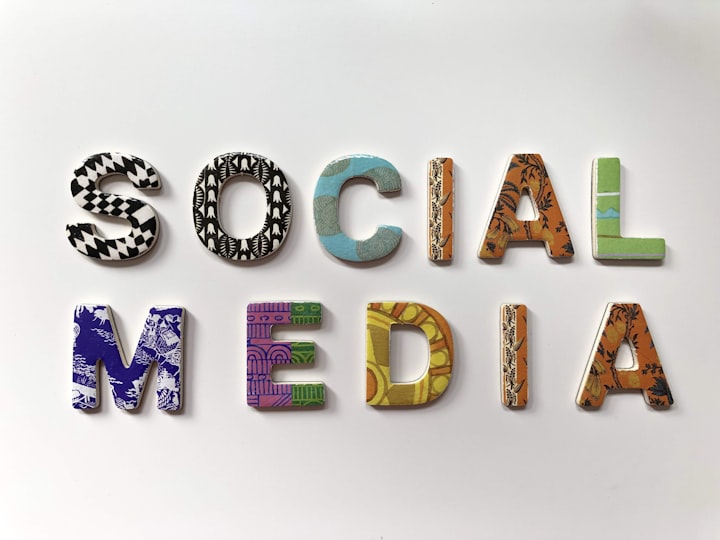Social media has revolutionized the way we connect, communicate, and share information. While these platforms offer immense benefits, they also exert a profound influence on mental health. From comparison-induced anxiety to cyberbullying, the impact of social media on mental well-being is a complex web of both positive and negative effects. In this article, we explore the relationship between social media and mental health, shed light on potential risks, and provide strategies for cultivating a balanced and healthy digital experience.
The Rise of Social Media:
Social media platforms have become an integral part of modern life, with billions of users worldwide. From Facebook and Instagram to Twitter and TikTok, these platforms facilitate instantaneous communication and the sharing of thoughts, ideas, and emotions.
The Connection Between Social Media and Mental Health:
Social media's influence on mental health is multifaceted. While it can provide a sense of community and support, it can also contribute to feelings of loneliness, anxiety, and depression.
The Positive Impact of Social Media on Mental Health:
Connection and Support:
Social media enables individuals to connect with friends, family, and like-minded communities, fostering a sense of belonging and support.
Access to Information and Resources:
Social media platforms offer a wealth of information, including mental health resources and support groups, providing valuable knowledge and support to those in need.
Increased Awareness and Advocacy:
Social media has become a powerful tool for mental health awareness and advocacy, helping reduce stigma and promote open conversations.
The Negative Impact of Social Media on Mental Health:
Comparison and Envy:
The curated nature of social media can lead to comparison-induced feelings of inadequacy and envy, affecting self-esteem and mental well-being.
Cyberbullying and Online Harassment:
The anonymity of social media can facilitate cyberbullying and online harassment, leading to emotional distress and mental health repercussions.
Fear of Missing Out (FOMO):
Social media feeds can trigger feelings of FOMO, leading to anxiety and a constant need to stay connected, even at the expense of personal well-being.
Strategies for Healthy Social Media Usage:
Set Time Limits:
Establish time limits for social media usage to prevent excessive screen time and promote a healthier digital balance.
Curate Your Feed:
Be mindful of the content you consume on social media. Follow accounts that inspire and uplift, and unfollow those that trigger negative emotions.
Practice Mindful Scrolling:
Engage in mindful scrolling by being aware of your emotional reactions to posts and taking breaks when needed.
Prioritize Real-Life Connections:
Nurture real-life connections and face-to-face interactions with friends and loved ones to maintain authentic relationships.
Limit Notifications:
Disable non-essential notifications to reduce distractions and interruptions from social media platforms.
Set Boundaries for Social Media Usage:
Create designated periods for social media usage, such as during breaks or after work, to prevent it from encroaching on personal time.
Unplug Before Bedtime:
Avoid using social media before bedtime to promote better sleep and mental relaxation.
Use Social Media for Positive Purposes:
Engage in online communities that promote positive discussions, education, and mental health awareness.
Seek Support When Needed:
If social media negatively impacts your mental health, seek support from friends, family, or mental health professionals.
Conclusion:
The impact of social media on mental health is a nuanced journey, encompassing both positive connections and potential pitfalls. By adopting healthy social media usage strategies, we can navigate this digital landscape with mindfulness and self-awareness. Social media can serve as a valuable tool for connection, support, and awareness, but it also requires a conscious effort to maintain mental well-being. Embrace a balanced digital experience that fosters authentic connections, promotes mental health awareness, and contributes positively to your overall well-being. Remember that you hold the power to shape your social media experience, and by nurturing a healthy relationship with these platforms, you can harness their potential for fostering positive mental health and emotional growth.
About the Creator
Pravi
Hi, I'm Pravi, a passionate freelance writer with a talent for storytelling. Crafting engaging content that informs and entertains is my strength. My writing captures the essence of every subject. I bring ideas to life with my words.







Comments
There are no comments for this story
Be the first to respond and start the conversation.